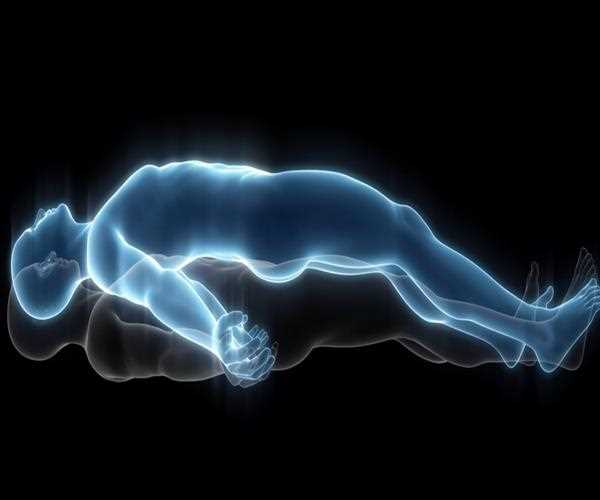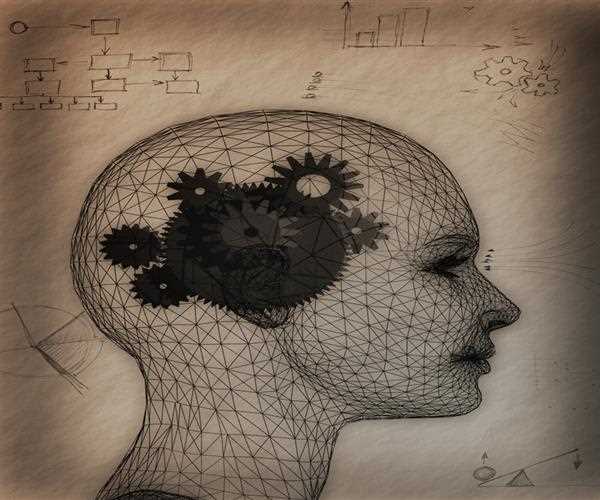
25-Jun-2023 , Updated on 6/25/2023 10:46:51 PM
Explore the connection between Soul and Body
Summary
- The concept of the connection between the soul and body has been explored in various philosophical and religious traditions throughout history.
- Dualism is one prominent philosophical perspective that posits the soul and body as distinct entities. It suggests that the soul is an immaterial essence or consciousness that interacts with the physical body.
- Materialism, on the other hand, asserts that the mind or soul is a product of the physical brain and nervous system, denying the existence of a separate soul.
- Different religious beliefs offer their own interpretations of the soul-body connection. For example, in Christianity, the soul is seen as the eternal and spiritual aspect of a person, while the body is its temporary vessel.
- Some philosophical and scientific debates center around the nature of consciousness and its relationship to the body. Questions arise about how subjective experiences and emotions arise from physical processes.
- Neuroscience and psychology have made significant advancements in understanding the neural correlates of consciousness and the influence of the brain on mental processes.
- Near-death experiences and out-of-body experiences are often cited as anecdotal evidence of a soul-body connection beyond the physical realm, but their scientific explanations remain controversial.
The age-old question of the relationship between the soul and the body has fascinated philosophers, theologians, and thinkers for centuries. It is a topic that delves into the fundamental aspects of human existence, touching upon themes of identity, consciousness, and the nature of reality itself. While the exploration of the soul-body connection is often associated with religious and spiritual traditions, it also finds its place in philosophical and scientific inquiries.
To comprehend the connection between the soul and the body, we must first define these concepts. The body represents the physical aspect of a human being, encompassing biological processes, organs, and sensory perception. It is tangible and subject to scientific investigation. On the other hand, the soul is often considered the non-physical, immaterial essence of an individual. It is associated with consciousness, emotions, and the sense of self. Unlike the body, the soul is often seen as beyond the realm of empirical observation.

In religious and spiritual traditions, the soul is believed to be eternal and divine, existing before and beyond the physical body. Various faiths propose different notions of the soul's origin, purpose, and destination. For example, in Hinduism, the soul is considered eternal and reincarnates into different bodies across multiple lifetimes. Christianity teaches that the soul is created by God and will continue to exist after the death of the body, either in heaven or hell. These beliefs highlight the soul's significance and its role in shaping moral values, ethical conduct, and the afterlife.
Philosophical perspectives on the soul-body connection offer diverse interpretations. One such viewpoint is dualism, famously advocated by the philosopher René Descartes. Dualism posits that the mind (equivalent to the soul) and the body are distinct substances that interact with each other. According to Descartes, the mind is non-physical and independent, capable of existing without the body. This perspective suggests a separation between mental and physical phenomena, often known as the mind-body problem. Critics argue that dualism presents challenges in explaining how an immaterial mind can interact with a physical body.
Contrary to dualism, monism proposes that the mind and the body are two aspects of the same entity. Monistic philosophies vary in their interpretations of this connection. Materialistic monism, for instance, asserts that the mind is reducible to physical processes and phenomena, ultimately arising from the complexity of the brain. In contrast, idealistic monism posits that the physical world is a manifestation of consciousness or the mind. According to this perspective, the body is an extension of the soul or mind, and the material world is a projection of mental states.

In recent times, scientific inquiry has shed light on the soul-body connection from a different angle. Neuroscience, in particular, explores the neural correlates of consciousness and the relationship between brain activity and subjective experiences. Research indicates that certain brain regions are associated with specific mental functions, such as memory, perception, and emotion. Studies also suggest that alterations in brain chemistry and structure can influence mental states, reinforcing the notion that the mind and body are interconnected.
However, the scientific understanding of consciousness and the soul-body connection is still evolving. The subjective aspects of human experience, such as qualia (the ineffable qualities of sensations), remain challenging to fully grasp using purely objective methodologies. While neuroscientific findings offer valuable insights, they do not provide a complete explanation of the nature of consciousness or the existence of the soul.
Beyond religious, philosophical, and scientific perspectives, personal experiences and introspection contribute to the exploration of the soul-body connection. Many individuals report experiencing a deep sense of interconnectedness between their mental and physical states. Practices such as meditation, yoga, and mindfulness encourage individuals to cultivate awareness of the mind-body connection and explore its depths. These practices emphasize the integration of physical sensations, breath, and mental states, leading to a heightened sense of unity and well-being.
Moreover, psychological studies have highlighted the impact of psychological factors on physical health. The field of psychosomatic medicine explores how emotional and psychological states can influence bodily functions and even contribute to the development of physical ailments. This further emphasizes the intricate interplay between the mind and the body.
While the exploration of the soul-body connection remains multifaceted, it is evident that a profound relationship exists between these aspects of human existence. Whether through religious beliefs, philosophical frameworks, scientific investigations, or personal experiences, humans have sought to understand the nature of their being and the connection between the material and immaterial aspects of their existence.
It is important to note that the exploration of the soul-body connection is a deeply personal and subjective journey. Each individual may arrive at their own understanding based on their unique perspectives, beliefs, and experiences. It is a topic that invites introspection, contemplation, and open-mindedness.
In conclusion, the connection between the soul and the body is a complex and captivating subject. Religious, philosophical, scientific, and personal perspectives all contribute to our understanding of this intricate relationship. While religious and spiritual traditions often emphasize the eternal and divine nature of the soul, philosophical perspectives range from dualism to monism. Scientific inquiry, particularly within neuroscience, explores the neural correlates of consciousness and sheds light on the interplay between the mind and the body. Personal experiences and practices such as meditation further contribute to our exploration of this connection. Ultimately, the exploration of the soul-body connection invites individuals to delve into the depths of their own existence, fostering a deeper understanding of themselves and their place in the world.

SEO and Content Writer
I am Drishan vig. I used to write blogs, articles, and stories in a way that entices the audience. I assure you that consistency, style, and tone must be met while writing the content. Working with the clients like bfc, varthana, ITC hotels, indusind, mumpa, mollydolly etc. has made me realized that writing content is not enough but doing seo is the first thing for it.
Join Our Newsletter
Subscribe to our newsletter to receive emails about new views posts, releases and updates.
Copyright 2010 - 2026 MindStick Software Pvt. Ltd. All Rights Reserved Privacy Policy | Terms & Conditions | Cookie Policy